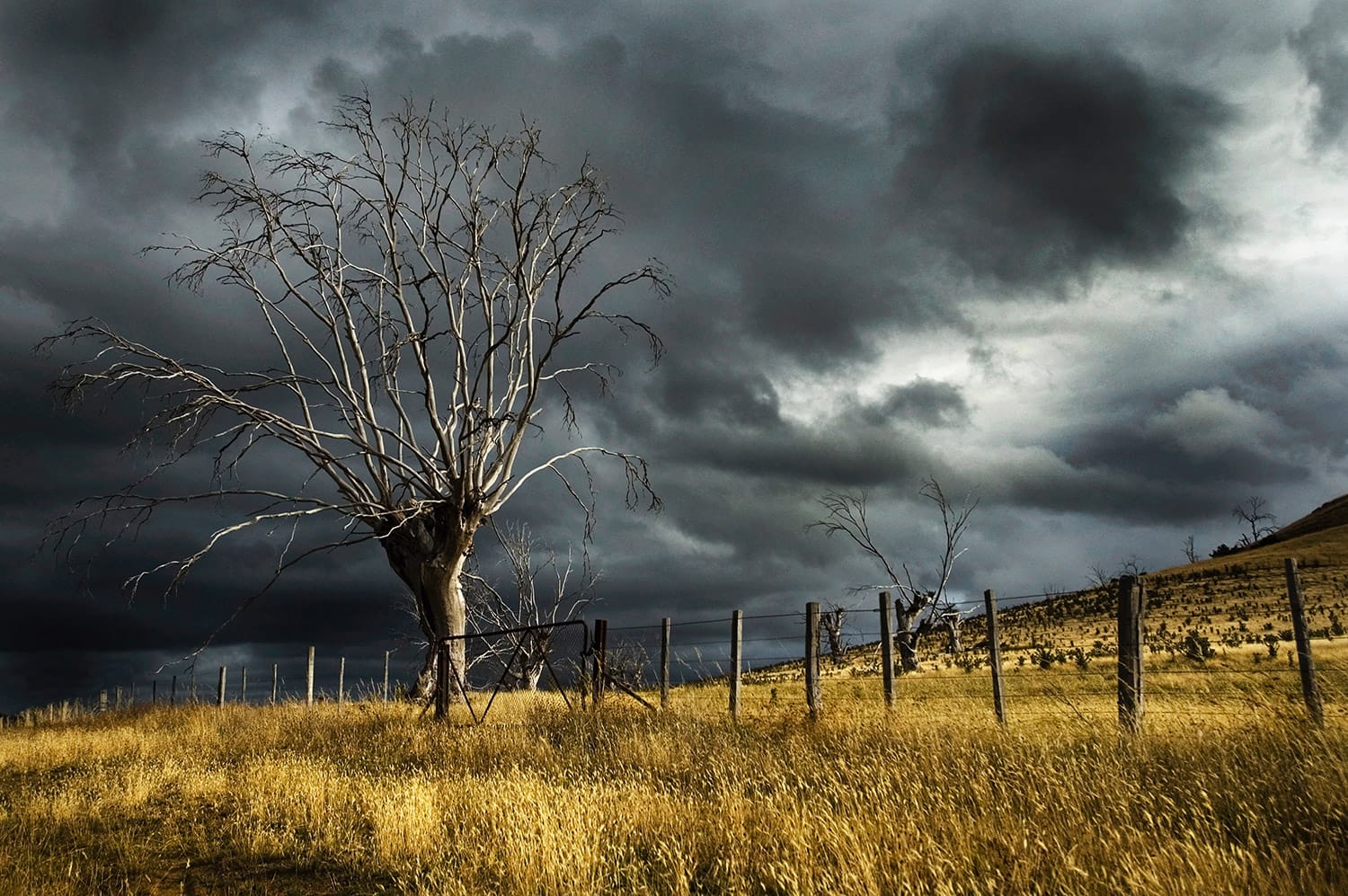The U.S. Department of Agriculture Farm Service Agency State Executive Director in Georgia, Arthur Tripp Jr., is reminding agricultural producers to timely report any damage or losses following inclement weather events in order to remain eligible for FSA disaster assistance programs and resources.
“Weather can be unpredictable and harmful to many of our producers’ agricultural operations,” Tripp said. “It is vital that our producers here in Georgia report any damage or losses to their local USDA Service Center as soon as possible following inclement weather events in order to receive the federal assistance available to help them recover.”
For FSA crop and livestock disaster recovery assistance and program benefits, a Notice of Loss must be reported as soon as the loss occurs or is apparent. How and when to file a Notice of Loss differs by programs.
FSA offers many programs to help producers recover from losses, including the Livestock Indemnity Program; the Emergency Assistance for Livestock, Honeybees and Farm-Raised Fish Program; Emergency Forest Restoration Program and the Tree Assistance Program. Additionally, producers in counties receiving a primary or contiguous disaster designation are eligible for low-interest emergency loans to help them recover from production and physical losses.
To participate in LIP, producers must submit a Notice of Loss to their local FSA office by 60 days after the calendar year in which the eligible loss condition occurred. In addition, livestock producers should bring supporting evidence, including documentation of the number and kind of livestock that died, photographs or video records to document the loss, purchase records, veterinarian records, production records and other similar documents. Owners who sold injured livestock for a reduced price because the livestock was injured due to an adverse weather event must provide verifiable evidence of the reduced sale of the livestock.
To participate in ELAP, producers must submit a Notice of Loss to their local FSA office by Jan. 30 after the program year in which the loss occurred. Producers should also maintain records and receipts documenting that livestock were removed from the grazing pasture due to adverse weather, costs of transporting livestock feed to eligible livestock, receipts for equipment rental fees for hay lifts and feed purchase receipts.
The FSA Emergency Conservation Program provides funding and technical assistance for farmers and ranchers to rehabilitate farmland damaged by natural disasters.
Compensation also is available to producers who purchased coverage through FSA’s Noninsured Crop Disaster Assistance Program , which protects non-insurable crops against natural disasters that result in lower yields, crop losses or prevented planting. Eligible producers must have purchased NAP coverage for the crop year and file a Notice of Loss and application for payment on qualifying crops.
More disaster assistance information can be found on farmers.gov, including the Farmers.gov Drought Webpage, Disaster Assistance Discovery Tool, Disaster-at-a-Glance fact sheet and Farm Loan Discovery Tool.
Agricultural producers should contact their local USDA Service Center to schedule an appointment or to learn more about FSA programs and resources.
Source - https://www.dailycitizen.news













